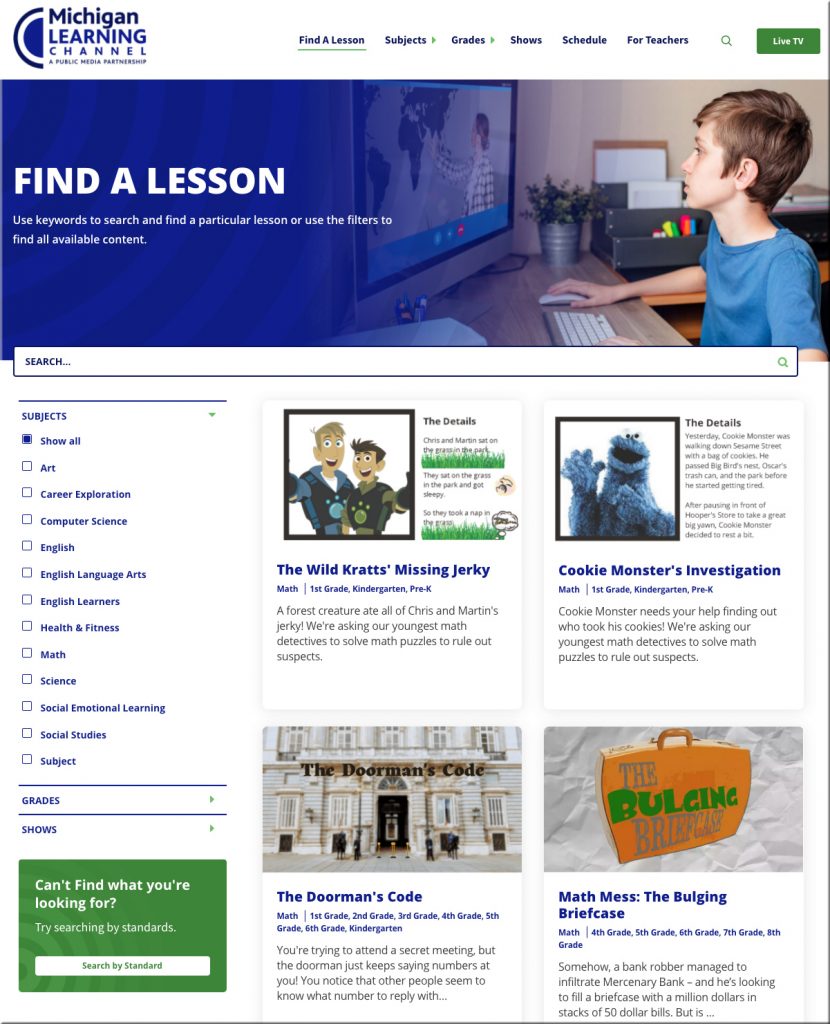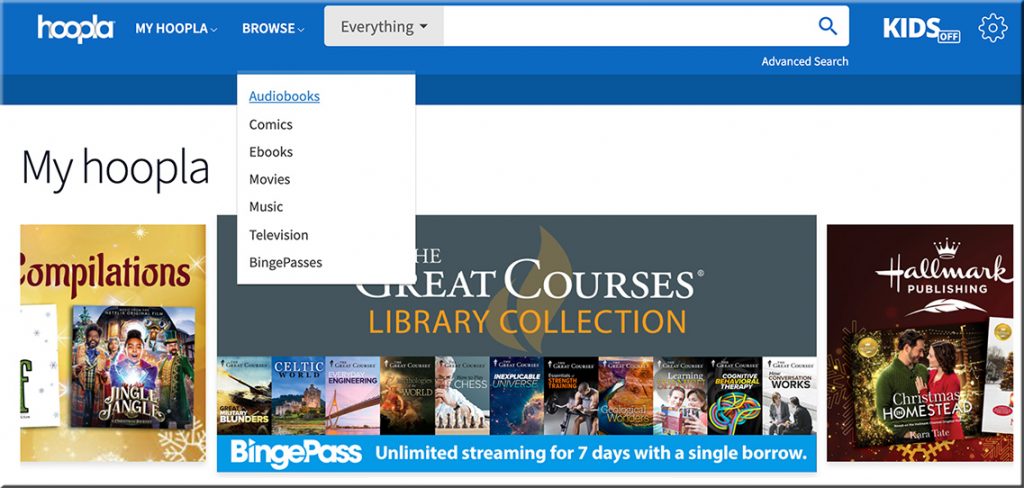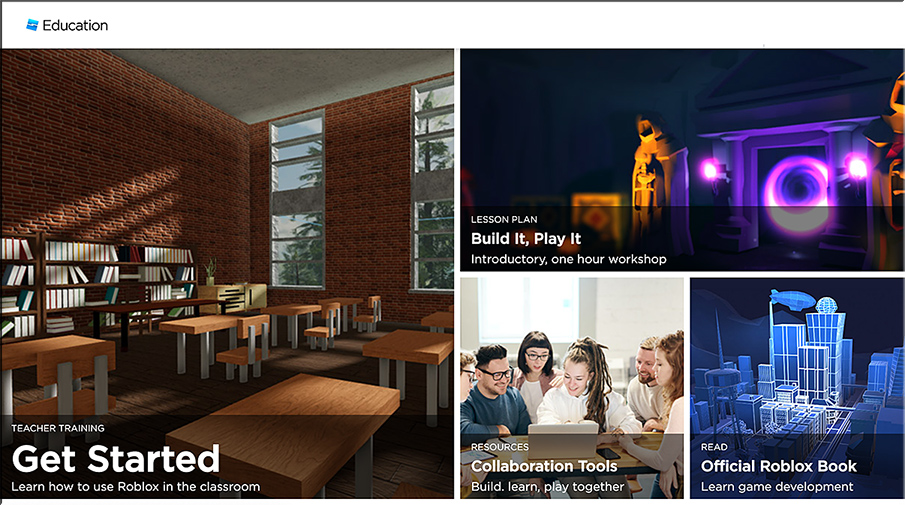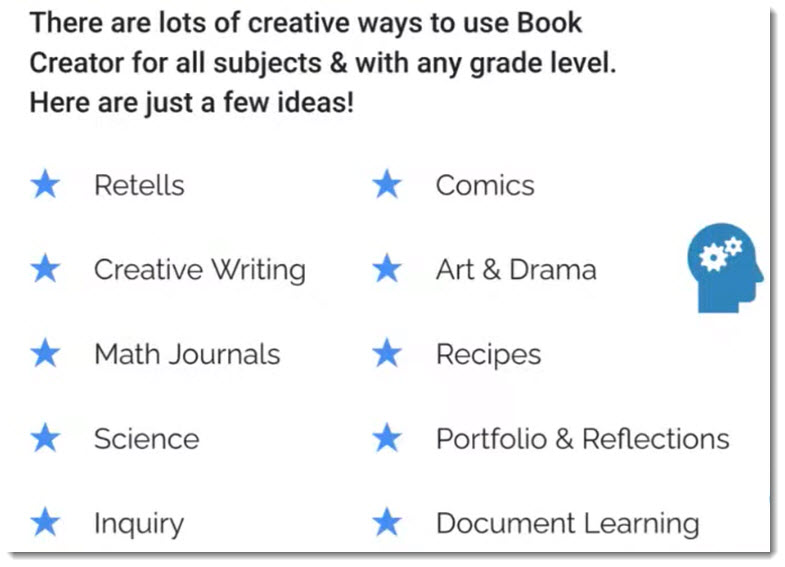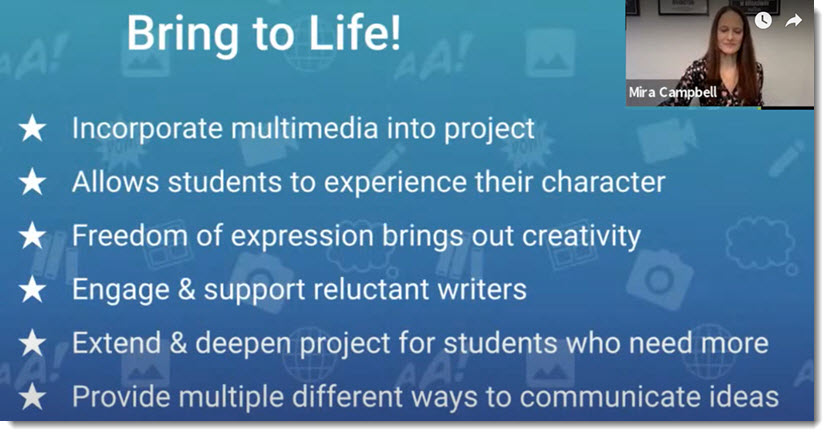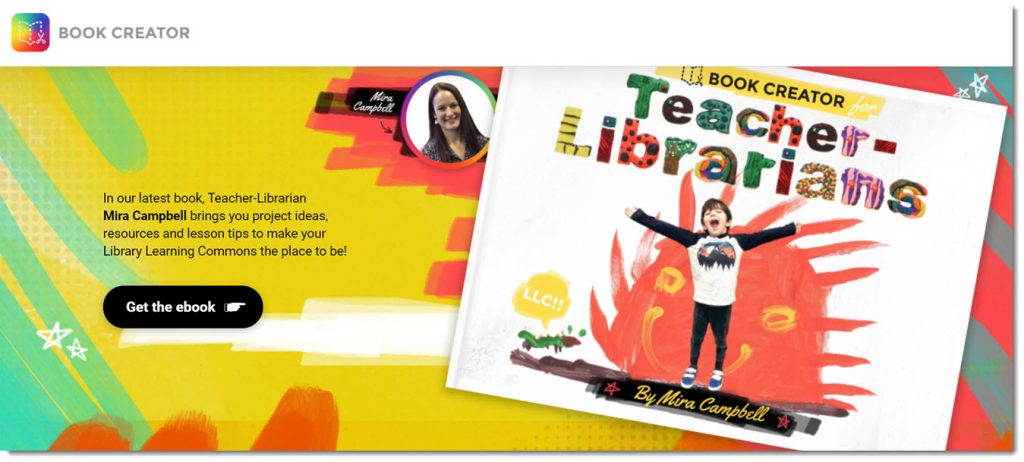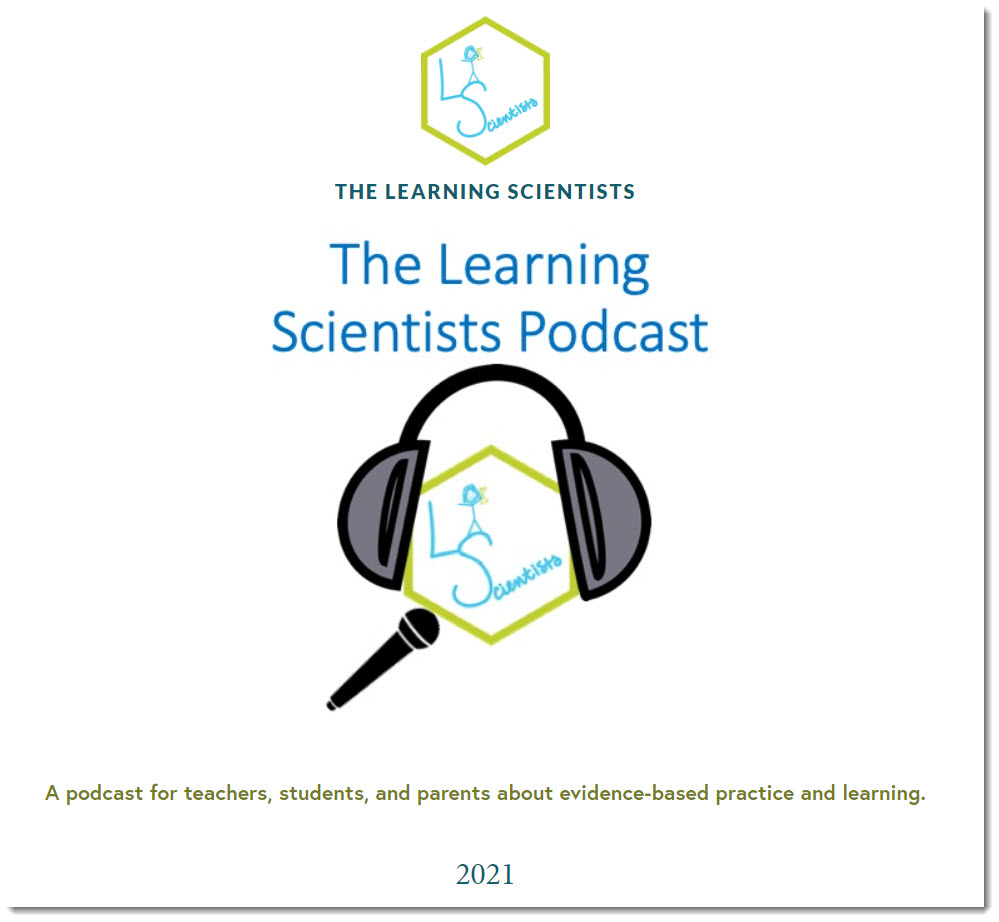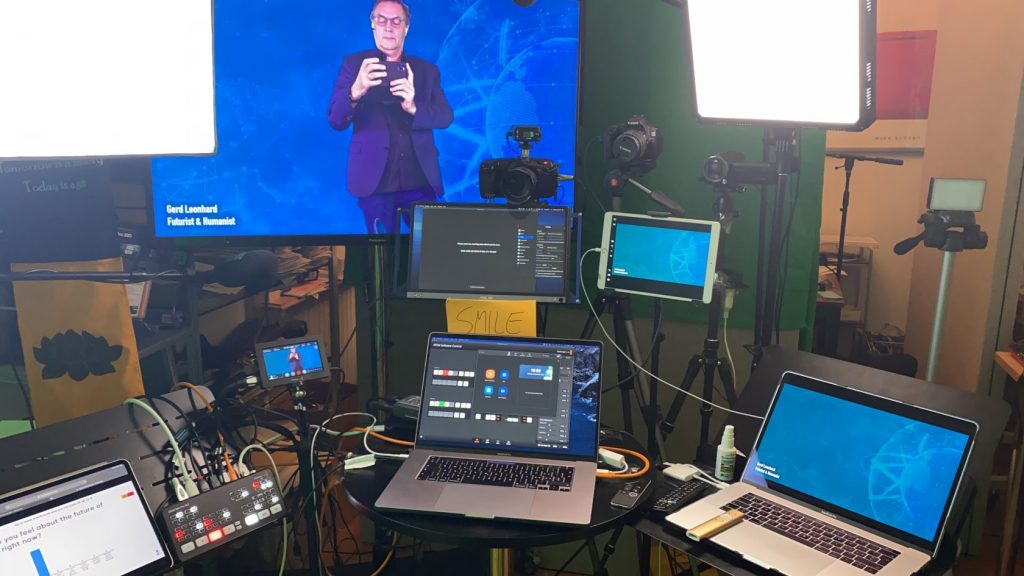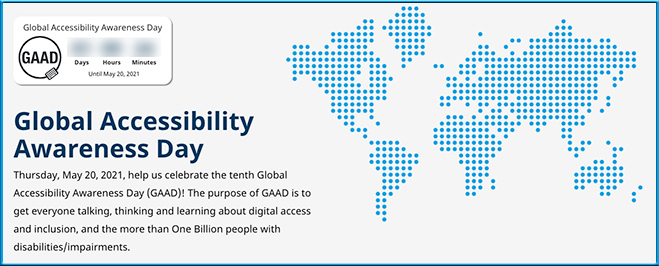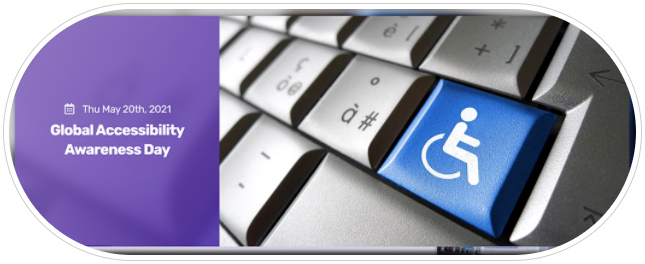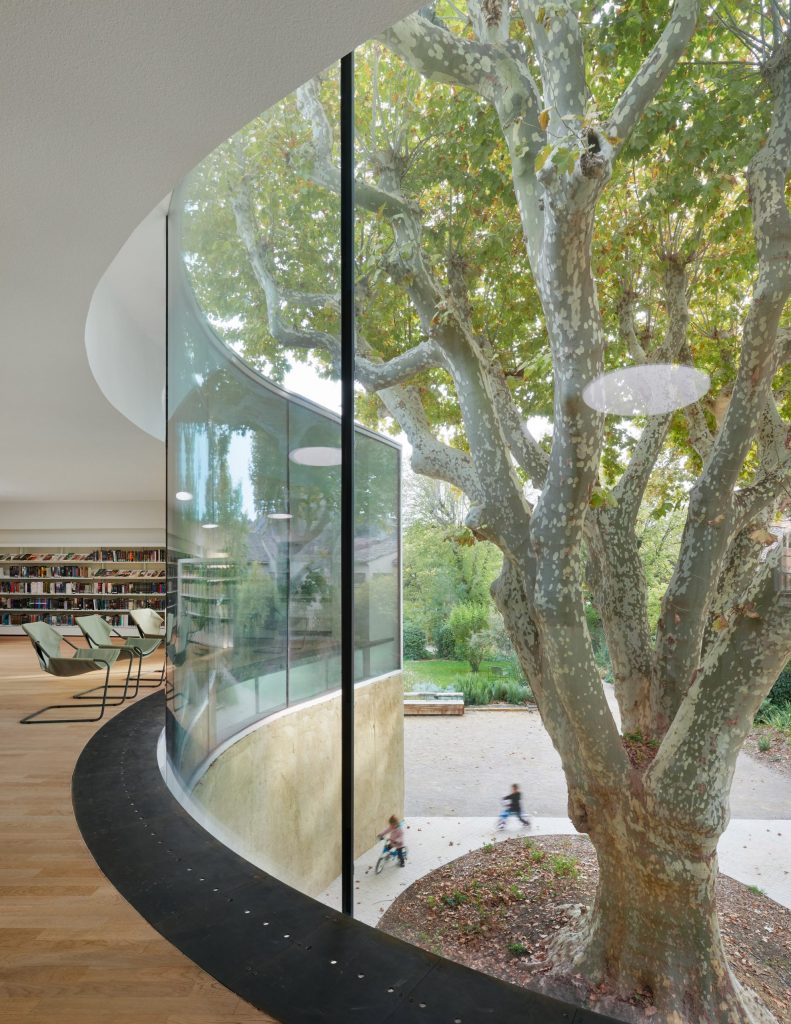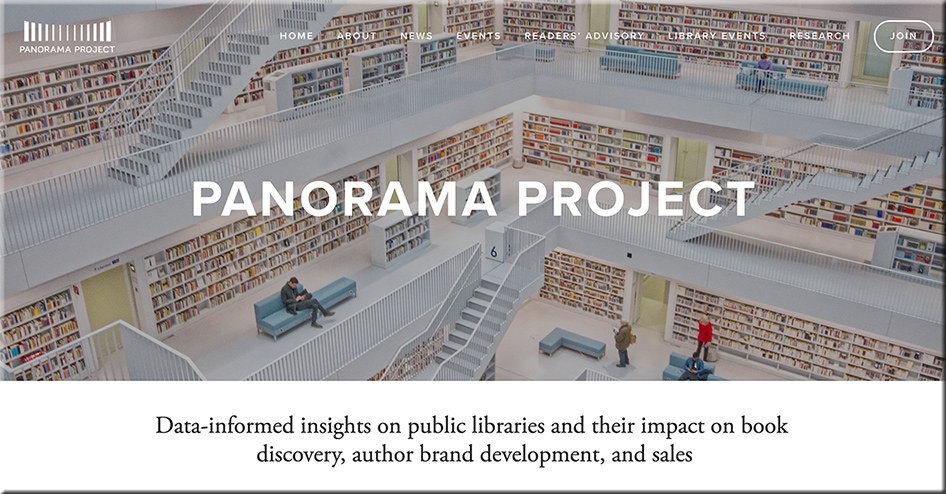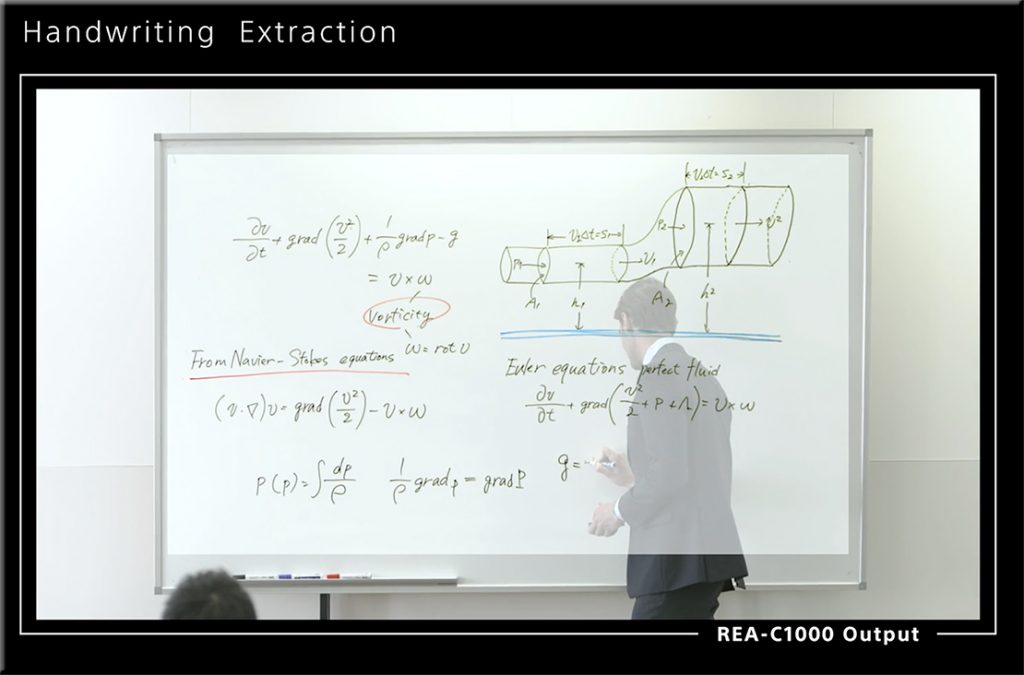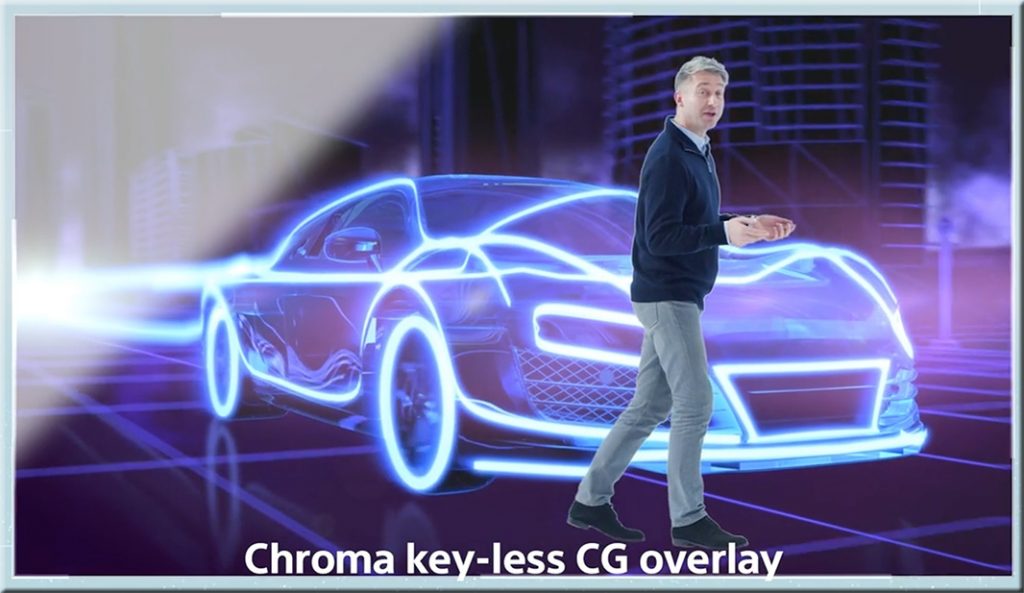The Humanities May Be Declining at Universities — But They’re Thriving on Zoom — from edsurge.com by Rebecca Koenig
Excerpt:
Throughout the pandemic, versions of this close-reading conversation have taken place week after week. Organized through new nonprofits and small startups including the Catherine Project, Night School Bar and Premise, they bring together adults who want to spend their free time talking to strangers about literature and philosophy.
It sounds at first like an ambitious book club—except for the fact that many of these seminars are organized and led by college professors, some so eager to participate that they do it for free.
“Mostly it’s a way for them to do a kind of teaching they can’t do at their regular jobs,” explains Zena Hitz, founder of the Catherine Project and a tutor (faculty member) at St. John’s College in Annapolis, Maryland.
From DSC:
I’ve often thought that online-based learning may be the thing that saves the liberal arts (i.e., available throughout one’s lifetime and would be far less expensive). It would be ironic though, as many liberal arts institutions have not been proponents of online-based learning.
American Association of Law Libraries (AALL) Innovation Showcase — from aallnet.org
Excerpt:
Law librarians and legal information professionals innovate every day—especially in the past year. The AALL Innovation Showcase is an opportunity to explore your colleagues’ innovations, presented as short videos and categorized by three library types: government, law firm, and law school.
Dominique Coulon & Associés adds curved glass extension to library in a renovated French manor — from dezeen.com by Alyn Griffiths
Panorama Project Releases Immersive Media & Books 2020 Research Report — from panoramaproject.org
Excerpt:
The Panorama Project, a cross-industry publishing initiative, released today Immersive Media & Books 2020 a comprehensive market study that gauges the role of books and consumer engagement by age groups, ethnicity, and more. This report contains survey data from 4,300+ pre-qualified respondents and was authored by Dr. Rachel Noorda and Dr. Kathi Inman Berens, faculty members of the Portland State University graduate program in Book Publishing.
Data collection and analysis for Immersive Media & Books 2020 were conducted in the midst of the COVID-19 pandemic and represent Panorama Project’s ongoing commitment to research. The report is rich with data, including graphs and tables to illustrate provocative findings that will stimulate discourse between publishers, authors, librarians, booksellers, thought leaders, advocacy groups and the media.









